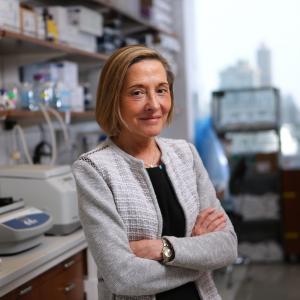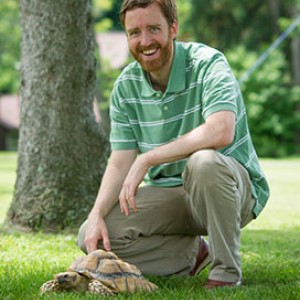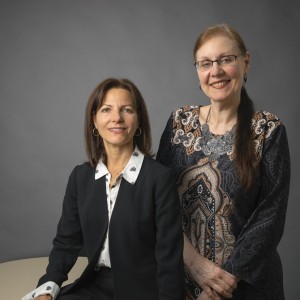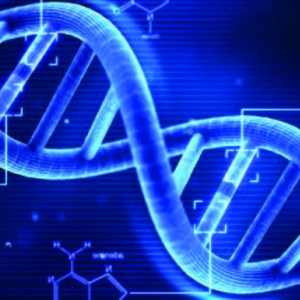Integration Stories
From seed grant funding to serendipitous introductions during symposium events, the Academic Integration initiative is yielding exciting intercampus collaborations with tangible outcomes. Highlighted by these Integration Stories, learn how investigators took advantage of various collaboration opportunities to advance their research discoveries.




